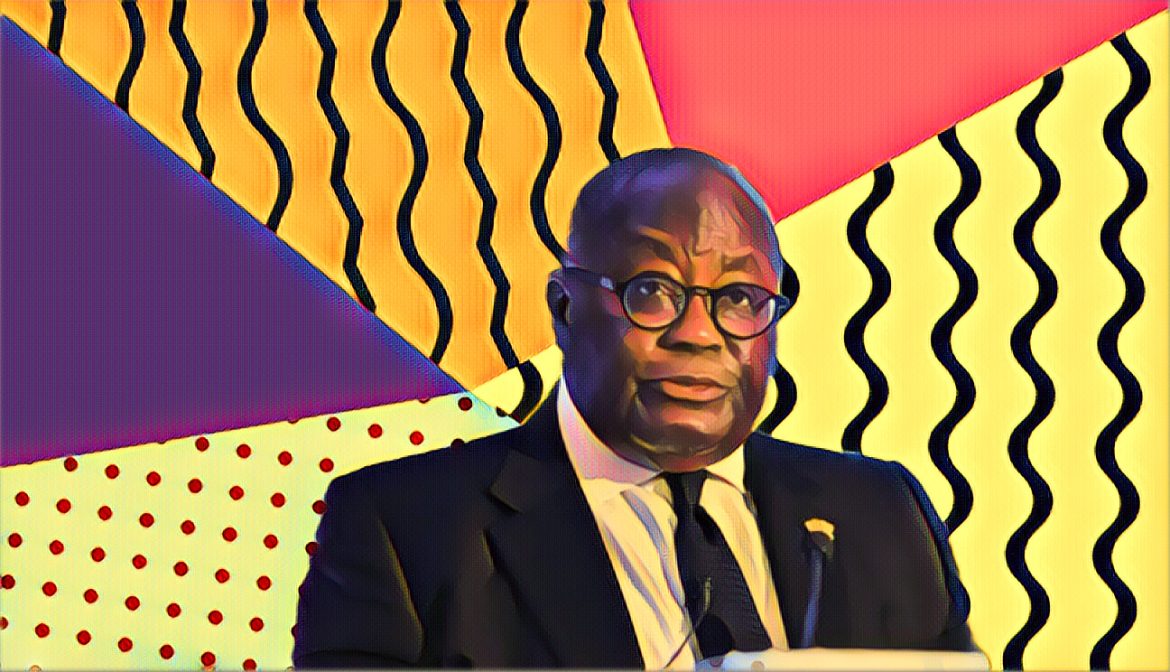In a compelling address to the ECOWAS Parliament, Ghana’s President Nana Addo Dankwa Akufo-Addo warned that West Africa’s democracy stands at a crossroads. He urgently pressed the ECOWAS Parliament to reinforce democratic principles in the region.
According to a report by Graphic Online, Akufo-Addo made his concerns clear during the second ECOWAS Parliamentary Seminar in Winneba. There, he delved into threats jeopardising the region’s democratic pulse. Elites, he highlighted, craftily change laws, aiming to consolidate power.
Furthermore, the military’s re-entry into political roles disturbs him. Their actions lack a public mandate, making their positions fragile. Adding to this grim tableau, armed criminal gangs and terrorist groups loom as dark clouds, further threatening democratic institutions.
His address also highlighted the changing nature of currency in transactions. Whereas the Zimbabwe dollar once held sway, its value started to wane at the onset of the year. By mid-year, the money supply had burgeoned to ZWL$14,27 trillion. This increase, a staggering 500% from the previous year-end, exemplifies the nation’s shift towards foreign currency.
To add perspective, Akufo-Addo shared global outlooks on Zimbabwe’s economy. Estimates from the International Monetary Fund peg it at US$30 billion. In contrast, the World Bank’s figure is slightly lower at US$21 billion.
The president didn’t mince words about the role of currency in the country’s economic tapestry. “The dominant transactional currency is foreign. Yet, legal settlements rely on the Zimbabwe dollar,” he said. This divergence, he stressed, creates economic disparities.
Mashilo Pitjeng, the head of TseboReal Asset Management, offered a deeper economic analysis. He emphasised GDP per capita as a measure of individual economic output. Recent fluctuations show it rising to US$2,100 and then dropping. Economists agree that such shifts result from the depreciation of the local currency. These fluctuations feed into growing calls to adopt the US dollar as a primary currency.
Pitjeng also highlighted the societal role of businesses. They often favour the US dollar for stability, especially when investing in fixed assets. Stephen Kapfunde of Old Mutual Property Zimbabwe Private Limited further stressed this point. He noted that a consistent policy environment is crucial, especially with upcoming general elections in sight.
Zooming out, Zimbabwe has ambitious goals on the horizon. The nation aims to achieve upper middle-income status by 2030. This requires a capital injection of US$40 billion. The government has responded by increasing the money supply, a move evident in the first half of the year.
Closing the event, Akufo-Addo made a clarion call. The ongoing discourse on the role of the US dollar in Zimbabwe’s economy is critical. Its sustained presence might well be the golden key to Zimbabwe’s prosperous future.




